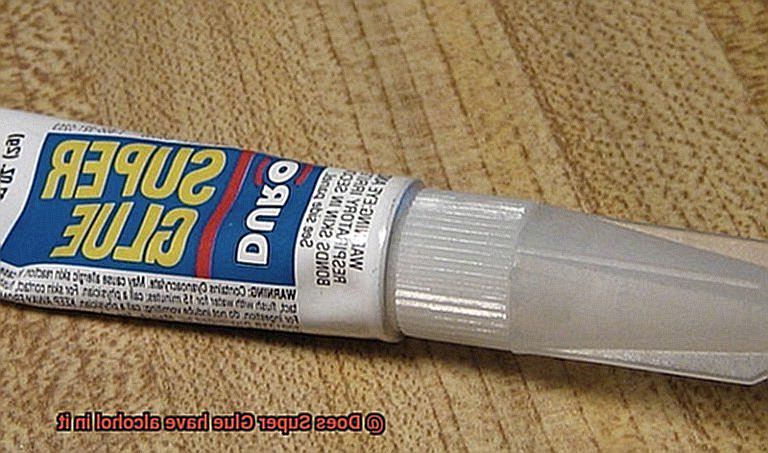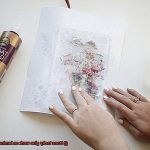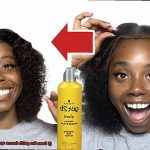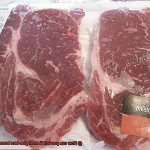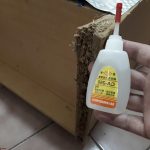Super Glue, the superhero of fix-it-all solutions, has saved the day countless times.
But have you ever wondered what makes this adhesive so darn powerful? Specifically, does it pack a punch of alcohol like other sticky substances?
Well, my curious friend, fear not. As an expert in all things Super Glue, I’m here to spill the beans.
In this blog post, we’ll unravel the mystery behind its composition and reveal whether or not it contains that boozy ingredient. Brace yourself for a wild ride through the chemical makeup of this beloved adhesive.
So buckle up and let’s dive headfirst into the intriguing world of Super Glue.
Main Ingredient in Super Glue
Contents
- 1 Main Ingredient in Super Glue
- 2 Does Super Glue Contain Alcohol?
- 3 Advantages of Not Having Alcohol in Super Glue
- 4 Variants and Brands of Super Glue that May Contain Alcohol
- 5 How to Check the Product Label or Consult the Manufacturer for Specific Information
- 6 The Impact of Alcohol-Based Additives and Solvents on Super Glue
- 7 How to Remove Dried Super Glue with Alcohol-Based Products
- 8 Conclusion
Super Glue, a renowned adhesive that has saved countless projects and repairs, possesses an extraordinary ability to bond surfaces with remarkable strength and speed. But what is the secret behind its effectiveness? In this article, we will delve into the main ingredient of Super Glue and uncover the science that makes it such a potent adhesive.
The Powerhouse Ingredient: Cyanoacrylate
At the core of Super Glue lies its main ingredient – cyanoacrylate. Derived from ethyl cyanoacrylate, this liquid monomer displays an astonishing reaction when exposed to moisture. Known as polymerization, this process rapidly converts the liquid monomer into a solid polymer, establishing a robust bond between surfaces.
Quick-Drying Magic:
What sets Super Glue apart from other adhesives is its lightning-fast drying time. Upon contact with moisture in the air or on the surfaces to be bonded, cyanoacrylate undergoes a rapid transformation. Within seconds, the liquid metamorphoses into a solid state, forming an incredibly sturdy bond capable of enduring substantial stress.
No Additional Chemicals Needed:
Unlike many other adhesives that necessitate additional chemicals or solvents to activate their bonding properties, Super Glue operates solely on the reaction between cyanoacrylate and moisture. This simplicity eliminates concerns about mixing or applying multiple components, making it incredibly convenient and user-friendly.
Alcohol’s Role:
Although alcohol is not an essential ingredient in Super Glue, certain formulations may contain trace amounts for stabilization or viscosity adjustment purposes. Acting as an inhibitor, alcohol prevents premature polymerization of cyanoacrylate, allowing the glue to maintain a liquid state until it encounters moisture. However, it is crucial to note that the presence of alcohol in Super Glue is typically minimal and does not significantly impact its bonding performance or properties.
Versatility and Removal:
Super Glue’s versatility is another testament to its popularity. It can bond a wide range of materials, including plastics, metals, ceramics, and even human skin. When it comes to removing dried Super Glue, alcohol-based products like rubbing alcohol or acetone can effectively weaken the bond, facilitating the separation of glued surfaces.
Does Super Glue Contain Alcohol?
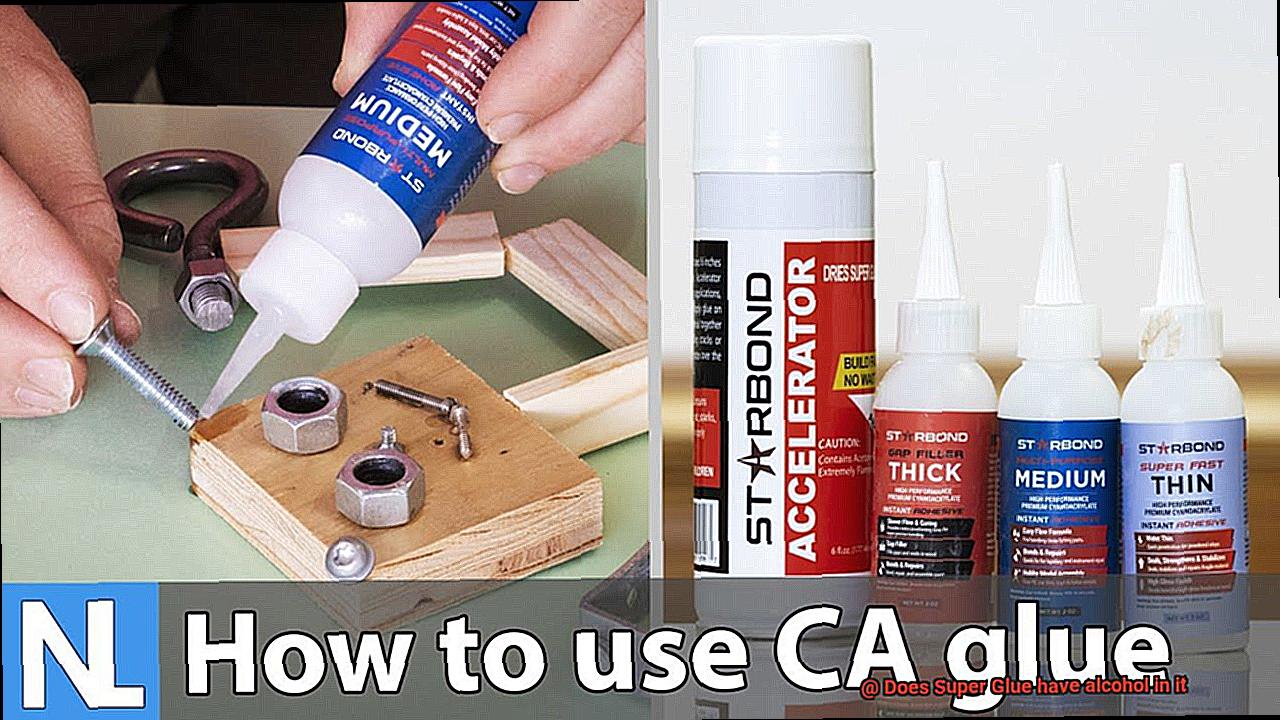
Super Glue, also known as cyanoacrylate adhesive, is renowned for its remarkable bonding power. However, there seems to be some confusion surrounding the presence of alcohol in this adhesive. In this article, we will delve into the world of adhesives and unravel the truth behind whether Super Glue contains alcohol.
The Ingredients:
At the heart of Super Glue lies cyanoacrylate, a fast-acting adhesive that forms an incredibly strong bond with various surfaces. This acrylic resin undergoes rapid polymerization when exposed to moisture. It is this reaction that gives rise to the unbreakable bond associated with Super Glue.
No Alcohol Required:
Unlike some other adhesives that necessitate additional solvents or alcohol to activate or enhance their bonding properties, Super Glue stands alone. It possesses the ability to bond surfaces effectively without any assistance from alcohol. This independence allows for safe usage on most materials, without causing damage or discoloration.
Safety Measures:
While Super Glue is a versatile adhesive, it should not be used on certain materials such as foam or fabrics. The formidable bond created by Super Glue can render these materials brittle or cause them to disintegrate. Consequently, it is vital to carefully read instructions and consider the nature of the material before applying Super Glue.
Breaking the Unbreakable:
Despite forming an apparently indissoluble bond, Super Glue can be weakened if necessary. Alcohol-based products, such as acetone or nail polish remover, can be employed to dissolve the bond. However, one must exercise caution as using these products may also damage certain surfaces.
Advantages of Not Having Alcohol in Super Glue
Super Glue has long been the adhesive of choice for its exceptional bonding capabilities. However, did you know that alcohol-free formulations of Super Glue offer several advantages over their alcohol-containing counterparts?
In this article, we will explore the benefits of using alcohol-free Super Glue, ranging from improved safety and non-toxicity to enhanced bonding performance and environmental friendliness.
Enhanced Safety:
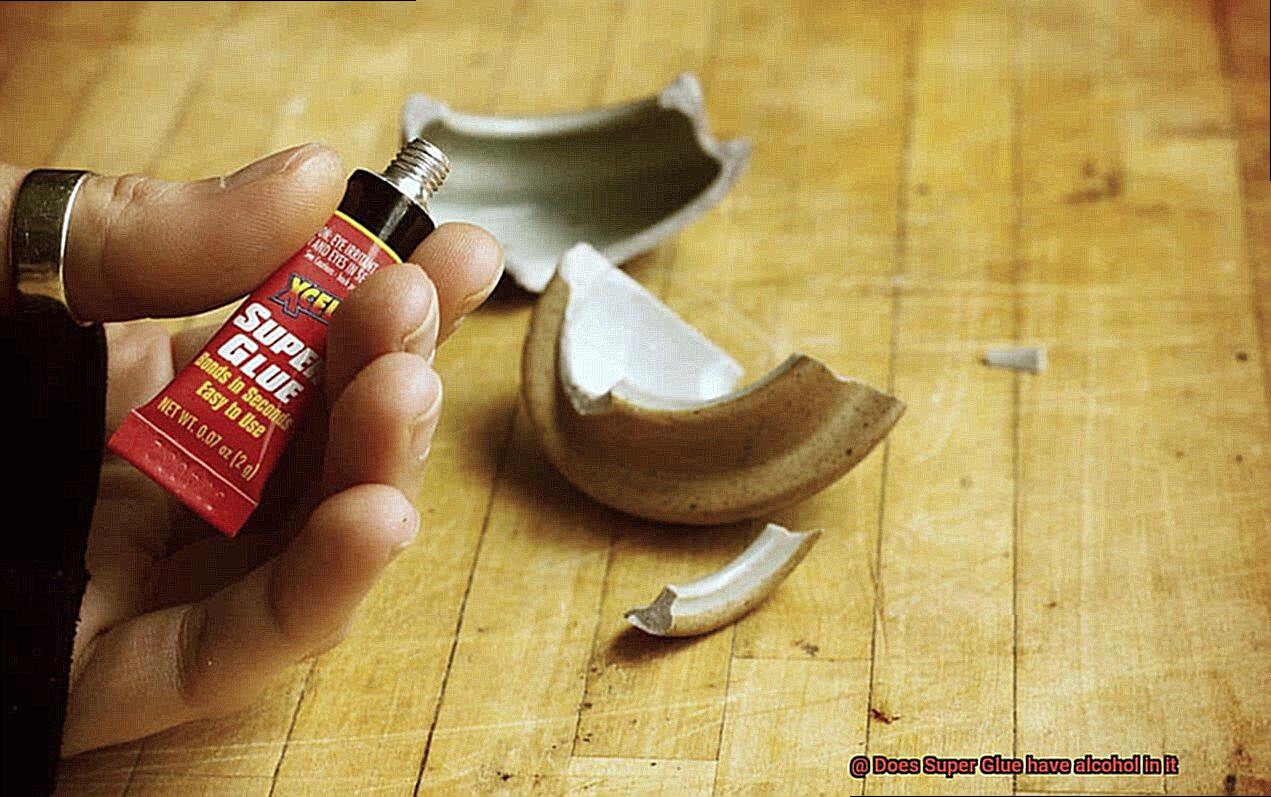
By removing alcohol from Super Glue formulations, manufacturers have created a significantly safer option for users. Alcohol is highly flammable, posing a potential fire hazard. With alcohol-free Super Glue, the risk of accidental fires is eliminated, providing peace of mind during usage.
Non-Toxicity:
Alcohol can be harmful when ingested or comes into contact with the skin or eyes. Alcohol-free Super Glue reduces the risk of accidental poisoning or skin irritation, making it a safer choice for households with children or pets. Its non-toxic nature ensures a worry-free adhesive solution.
Odorless Application:
The distinct pungent smell associated with alcohol-based products is no longer an issue with alcohol-free Super Glue. Enjoy working on projects without being overwhelmed by strong odors, particularly in confined spaces where ventilation may be limited. Alcohol-free Super Glue provides an odorless and pleasant experience.
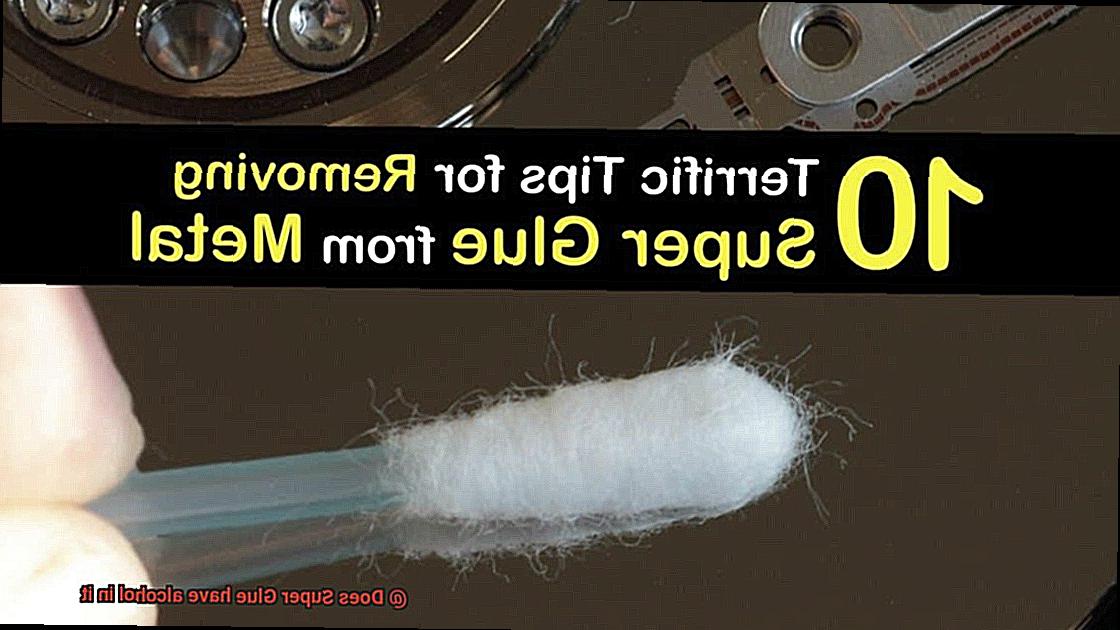
Improved Bonding Performance:
Alcohol can interfere with the adhesive properties of Super Glue, affecting its bonding performance. By eliminating alcohol, alcohol-free Super Glue provides a stronger and more reliable bond between surfaces. Whether working on construction projects or delicate crafts, this adhesive innovation ensures a durable and long-lasting bond.
Versatile Compatibility:
Alcohol-free Super Glue offers better compatibility with various materials such as plastics, metals, woods, ceramics, and even fabrics. It can be used without causing damage or discoloration, making it a versatile choice for a wide range of projects. Alcohol-free Super Glue provides the confidence to tackle any bonding task.
Extended Shelf Life:
The evaporation of alcohol over time can reduce the shelf life of glue. Alcohol-free Super Glue, on the other hand, maintains its effectiveness for longer periods, allowing for extended storage without compromising its adhesive properties. This benefit is particularly advantageous for occasional users or those who work on smaller projects.
Environmental Friendliness:
Choosing alcohol-free Super Glue promotes environmental sustainability. Alcohol production involves harmful chemicals and processes that contribute to air pollution. By opting for an alcohol-free alternative, users can minimize their environmental impact while still benefiting from excellent adhesive properties.
Variants and Brands of Super Glue that May Contain Alcohol
Super Glue has always been celebrated for its unparalleled bonding power. However, not all variants and brands of Super Glue are created equal when it comes to alcohol content. In this article, we will embark on a fascinating journey into the world of alcohol-containing Super Glues, as well as explore safer alternatives for all your bonding needs.
Gel-Based Formulas:
Let’s start with the thick and viscous gel-based Super Glues. These formulas often include alcohol as a solvent to expedite the drying process. Renowned brands such as Loctite and Gorilla Super Glue offer gel-based variants that could potentially contain alcohol. Keep a watchful eye on ingredient lists for terms like “ethyl acetate” or “isopropyl alcohol.”
Quick-Setting Formulas:
For those seeking swift bonds, quick-setting Super Glues might just be the ticket. Certain accelerants used in these formulations contain alcohol, which aids in rapid drying. Remember to scrutinize labels for any mention of alcohol or alternative names that might be used to camouflage its presence.
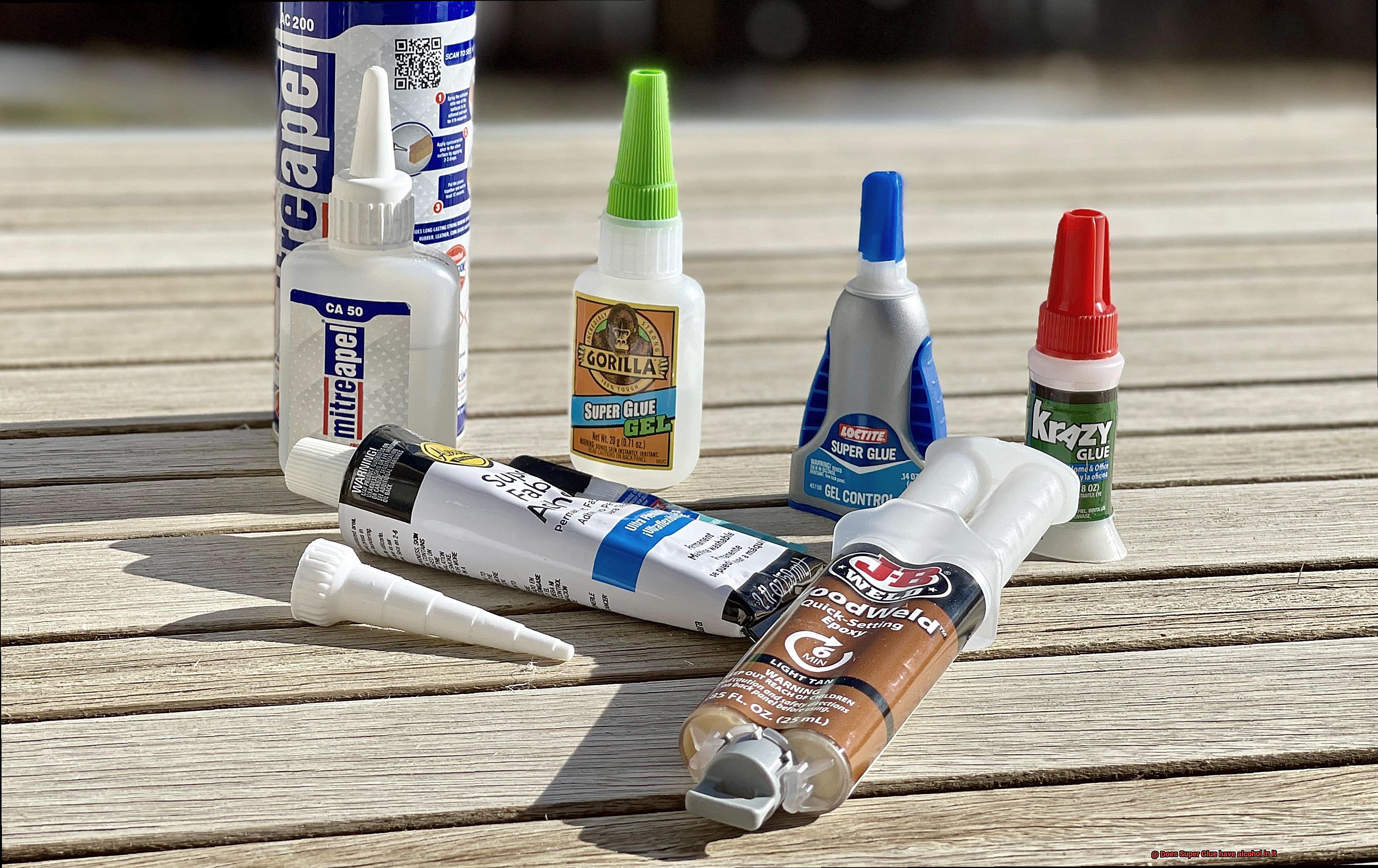
Brand Spotlight:
Now, let’s shine a spotlight on two iconic brands – Loctite and Gorilla Super Glue. These esteemed names provide an array of different variants, some of which may contain alcohol. Their track record for delivering formidable bonding performance makes it worthwhile to explore their extensive product ranges.
Alcohol-Free Alternatives:
If you prefer to avoid alcohol-containing adhesives altogether, fear not. There are plenty of safe alternatives at your disposal. Consider brands like E6000 Craft Adhesive, Beacon 527 Multi-Use Glue, or Aleene’s Original Tacky Glue. These options offer reliable bonding without the need for alcohol, ensuring peace of mind while you work.
How to Check the Product Label or Consult the Manufacturer for Specific Information
If you’re curious about whether super glue contains alcohol, don’t fret. In this comprehensive guide, we will explore the steps to check the product label or consult the manufacturer for specific information. By following these methods, you can gain clarity on the alcohol content in super glue and make informed decisions. Let’s dive in.
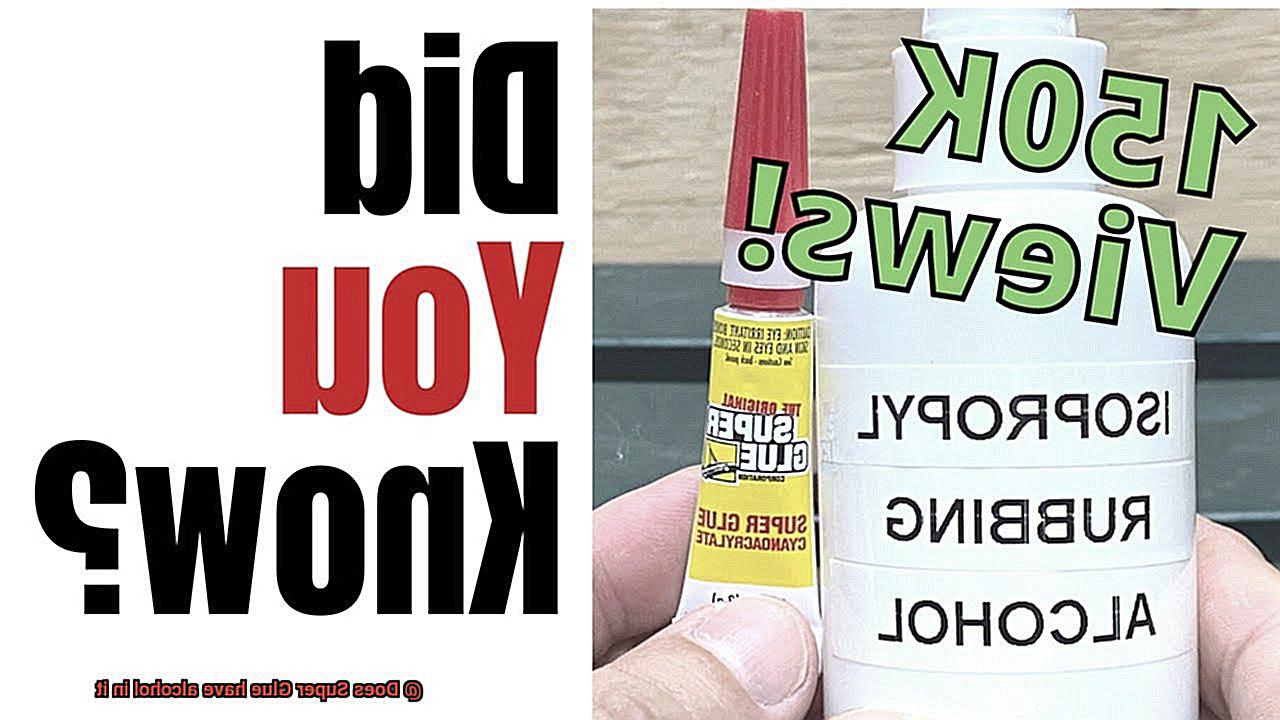
The Importance of Examining Product Labels:
Product labels are like treasure maps that hold valuable information about the ingredients used in super glue. It is crucial to read and understand these labels before using any adhesive. Look for sections such as “Ingredients” or “Composition” on the label, as they often reveal the secrets within.
Decoding Alcohol Terminology on Labels:
To spot alcohol on product labels, keep an eye out for specific terms like “ethyl alcohol,” “isopropyl alcohol,” or just plain “alcohol.” These sneaky names may try to hide in plain sight, but with your keen eyes, nothing can escape your gaze. Scan the fine print and look for these key words.
Seeking Expert Guidance from Manufacturers:
If the product label doesn’t provide clear information about alcohol content, don’t despair. Reach out to the manufacturer directly for expert advice. You can find their contact information on their website or through their customer service hotline. Armed with your product details, contact them to uncover the truth.
Asking Directly About Alcohol Content:
When contacting the manufacturer, be sure to ask them directly if their super glue contains alcohol. Provide them with relevant information such as the brand name and specific product details to ensure accurate assistance. By being curious and proactive, you can solve this mystery once and for all.
Documenting Your Journey for Future Reference:
Like a true detective, keep a record of your interactions with the manufacturer. Note down the dates, names of representatives spoken to, and any information they provide about alcohol content. This trail of evidence will serve as a valuable guide for future reference and decision-making.
The Impact of Alcohol-Based Additives and Solvents on Super Glue
When it comes to tackling household repairs or engaging in creative DIY projects, super glue is often the adhesive of choice. But what about the role of alcohol in super glue? In this article, we will uncover the truth and explore how alcohol-based additives and solvents can affect the strength, durability, and application of super glue.
The Truth About Super Glue and Alcohol:
Contrary to popular belief, super glue itself does not contain alcohol as an ingredient. The primary component of super glue is cyanoacrylate, an acrylic resin that forms an incredibly strong bond when exposed to moisture. However, some brands may incorporate alcohol-based additives or solvents in their formulations to enhance certain properties.
Effects on Application and Drying Time:
Alcohol-based additives and solvents play a vital role in improving the application process of super glue. By thinning out the adhesive, they ensure even spreading on surfaces, making it easier to achieve precise bonds. Additionally, alcohol evaporates rapidly, accelerating the drying time of the glue. This feature proves particularly advantageous for time-sensitive projects or when multiple items need to be bonded simultaneously.
Implications on Bond Strength and Durability:
While alcohol-based additives may enhance application and drying time, they can have implications for bond strength and durability. These additives have the potential to weaken overall bond strength under certain conditions. Exposure to high temperatures or humidity can cause the bond to become brittle over time.
Manufacturer’s Instructions:
To achieve optimal results when using super glue with alcohol-based additives or solvents, it is crucial to carefully read and adhere to the manufacturer’s instructions. These guidelines provide essential information on proper application techniques and precautionary measures. By following these instructions diligently, you can maximize bond strength while minimizing any potential risks.
How to Remove Dried Super Glue with Alcohol-Based Products
Accidentally spilling super glue on your favorite shirt or finding yourself stuck to something you didn’t mean to can be a frustrating experience. But fear not. With the power of alcohol-based products, you can easily remove dried super glue and restore your belongings to their former glory. In this article, we will explore the effectiveness of alcohol-based products such as rubbing alcohol, nail polish remover, and hand sanitizers in removing dried super glue.
Rubbing Alcohol: The Trusty Sidekick
Rubbing alcohol, also known as isopropyl alcohol, is a versatile household item that can be your superhero in removing dried super glue. You can find it easily at your local pharmacy or supermarket. To use rubbing alcohol, start by soaking a cotton ball or cloth in the alcohol. Gently rub the soaked cotton ball or cloth onto the dried glue, applying slight pressure. The alcohol will work its magic and dissolve the glue, making it easy to peel off. For stubborn glue stains, you may need to repeat this process a few times until the glue is completely removed.
Nail Polish Remover: Glamour Meets Practicality
Did you know that your glamorous nail polish remover can also come to the rescue when dealing with dried super glue? Most nail polish removers contain acetone, a powerful solvent that can break down the adhesive properties of the glue.
To use nail polish remover, apply a small amount onto a cotton ball or cloth. Gently rub the soaked cotton ball or cloth onto the dried glue, allowing the acetone to work its magic. As you rub, you’ll notice the glue starting to dissolve and soften, making it easier to remove. Be cautious when using acetone on delicate surfaces, as it may cause damage or discoloration.
Hand Sanitizers: Clean Hands and No More Glue.
Hand sanitizers with high alcohol content can also be used to remove dried super glue. Look for hand sanitizers that contain at least 60% alcohol for best results. To use hand sanitizer, apply a small amount directly onto the dried glue. Let it sit for a few minutes, allowing the alcohol to penetrate and soften the glue. Then, grab a cloth or sponge and gently scrub away the softened glue. The alcohol in the hand sanitizer will dissolve the glue, leaving you with clean, glue-free surfaces.
When using any alcohol-based product to remove dried super glue, it is important to work in a well-ventilated area and avoid direct contact with your skin or eyes. These products can be drying to the skin, so it’s a good idea to wear gloves when handling them. Additionally, it’s always a good idea to test the product on a small, inconspicuous area before using it on a larger surface to make sure it doesn’t cause any damage or discoloration.
Conclusion
In conclusion, Super Glue is not made with alcohol as a necessary ingredient. The primary component of Super Glue is cyanoacrylate, a liquid monomer that quickly transforms into a strong bond when exposed to moisture. While there may be small amounts of alcohol in certain formulations for stabilization or viscosity adjustments, it is typically minimal and does not significantly affect its bonding abilities.
The absence of alcohol in Super Glue brings numerous advantages. Alcohol-free formulas are safer to handle, eliminating the risk of accidental fires and reducing the potential for skin irritation or poisoning. They also provide an odorless application experience and deliver superior bonding performance with various materials. Additionally, alcohol-free Super Glue has a longer shelf life and promotes environmental sustainability by minimizing the use of harmful chemicals during production.
However, it’s important to note that some variations and brands of Super Glue may contain alcohol-based additives or solvents to enhance specific properties. It is advisable to carefully read product labels and consult manufacturers for precise information regarding alcohol content.
If you need to remove dried Super Glue, solutions containing alcohol such as rubbing alcohol, acetone-based nail polish removers, or hand sanitizers with high alcohol content can be effective. However, caution should be exercised when using these products on delicate surfaces or in poorly ventilated areas.

